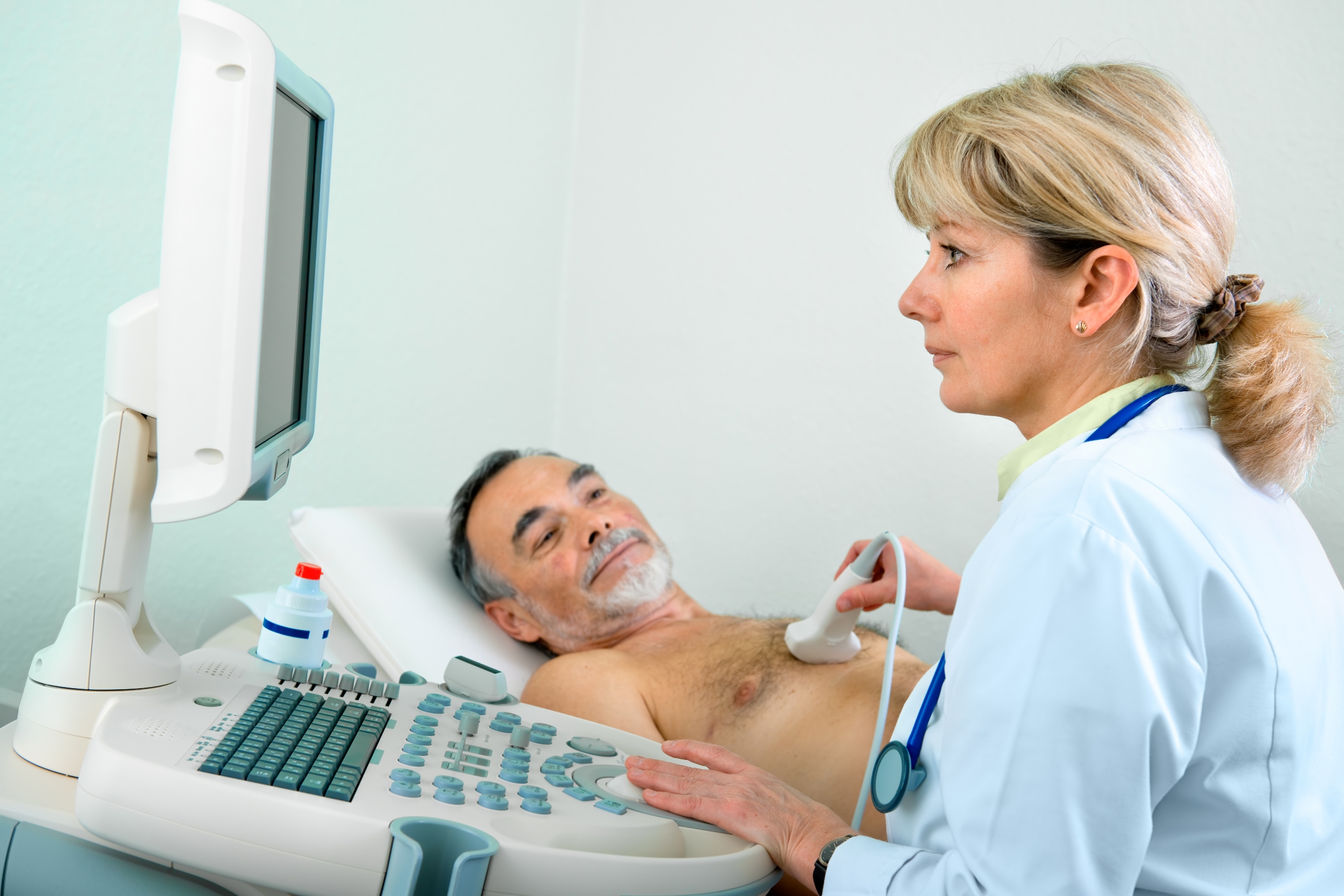Perspectives of Viagra (Sildenafil): Monotherapy for Pulmonary Insufficiency
Pulmonary arteries are responsible for supplying the lungs. When pulmonary hypertension occurs, a person suffers from raised blood pressure, which is a very serious health condition. When left neglected, it results in the damage of the heart’s right side. Thus, the heart becomes less effective in bringing oxygen to the muscles as well as pumping blood to all body organs.
Medicine knows several working treatment options. Viagra was initially designed for pulmonary hypertension treatment before it appeared to be a great choice for ED treatment (Causes, symptoms, and treatment of erectile dysfunction https://www.canadianhealthmall.com/erectile-dysfunction). So, there’s no wonder, it can become the core part of the monotherapy for pulmonary insufficiency treatment, can’t it?
How Does Sildenafil Work for Pulmonary Insufficiency?
Hypertension is always triggered by the narrowing of the lung’s blood vessels. The condition develops at the high speed and leads to high blood pressure and heart failure. Numerous treatment options are created to relax the vessels and widen them. Thus, it’s getting easier for the heart to pump the blood through lungs.
Viagra blue pills (Sildenafil Citrate) appeared to be pretty effective as well. It is a selective vasodilator. Sildenafil is viewed as an inhibitor of PDE5, which is a hormone produced in the body. It leads to the constriction of blood vessels and its high concentrations in the lungs function in a manner similar to nitric oxide.
Can Viagra be regarded as a very effective treatment? To resolve doubts, researches have conducted several trials. The latest one included 30 patients, who suffered from pulmonary insufficiency. Around 33% of participants have already been treated with Iloprost.
All tested participants were prescribed Viagra, yet they were also randomly divided into four groups:
- Patients on low doses of Sildenafil;
- Patients on low doses of Sildenafil + inhaled Iloprost;
- Patients on high doses of Sildenafil;
- Patients on high doses of Sildenafil + inhaled Iloprost.
The results of the study showed that those patients, who have already undergone Iloprost treatment, showed better improvements than those, who used Viagra solely. Besides, participants treated with rather high doses of Sildenafil Citrate showed much better improvements than those treated with low doses.
All the results proved to be very encouraging: a 2-3 month treatment course showed great improvements and minimum side effects.

Who’s a Fit for Viagra-Based Therapy?
The medication should be administered around 3 times daily in adjusted doses to show great results. Some patients spend the first weeks of treatment in hospital for their body responses to be tracked. The duration of the therapy usually depends on the severity of condition as well as drug tolerance. There are extremely rare cases, when the condition gets worse. It means that alternative drugs should be prescribed.
You are not allowed to take Viagra for pulmonary insufficiency, in case you:
- Have a history of stroke or heart attack;
- Suffer from severe liver conditions;
- Deal with the eye conditions;
- Have hypotension condition;
- Administer other medications that contain nitrates (some recreational drugs and those for angina treatment).
You may be allowed to take Viagra, yet in adjusted doses only.
You may also like: 8 Tips by Canadian Pharmacy for making Sildenafil Citrate (Generic Viagra) better
General Dose Recommendations
The initial recommended doses range from 0.25 to 0.5 mg, depending on the severity of condition. They are administered orally every four-eight hours. The titration of the dose is based on response. As to the maximum dose, it’s 2 mg per 1 kg every four hours. However, some patients report low efficacy, which is why they get 25 mg every 6 hours prescribed. The most severe conditions are treated with 100 mg doses five times daily.
To treat pulmonary insufficiency with Viagra, you can choose either tablets or liquid medication:
- Tablets are offered in doses of 20mg, 25 mg, 50 mg, 100 mg. They are to be swallowed with a glass of water/juice (not grapefruit)/milk. Some doctors suggest having pills dissolved in a small glass of water with the adding of a strong-favored drink to hide the nasty taste. It is also allowed to crush the tablet and mix it with yoghurt, jam or honey. Yet the mixture must be eaten straight away without being chewed;
- Liquid can be ordered from a pharmacist, if needed (50 mg or 5mL). Use a special medicine spoon to measure the prescribed amount to be administered. Using regular kitchen spoons is the wrong way to go as you’ll never guess the right amount.
Side Effects after Viagra Use
Patients and doctors talk of several potential side effects that can follow the consumption of Viagra for pulmonary insufficiency treatment:
- Dizziness and lightheadedness: they are experienced as you stand up. Some patients even faint. You can escape the condition by standing up slowly as well as lying down as soon as you experience dizziness. In case it happens too often, you should better have a professional consultation;
- Weight loss: in case of prolonged use you can become slimmer than you used to be. But you’ll regain your weight as soon as you stop taking Viagra;
- Headaches: they are normally accompanied by tiredness;
- Stomach pain and indigestion: they come with nausea and vomiting;
- Dehydration: the condition of dry mouth happens pretty often. Take some sips of water to reduce it.
All the above-mentioned complications usually occur after the very first administration of Viagra for pulmonary insufficiency. They all are minor and vanish within several hours or days. Your body will get used to the new chemical in its systems. If complications don’t leave within 2 weeks, contact your healthcare provider.
Viagra (Sildenafil Citrate) can be helpful on different stages of pulmonary insufficiency treatment, yet speaking of it as a part of monotherapy is too early. As for now, results prove the efficacy of ED medication only in conjunction with other potent meds.


